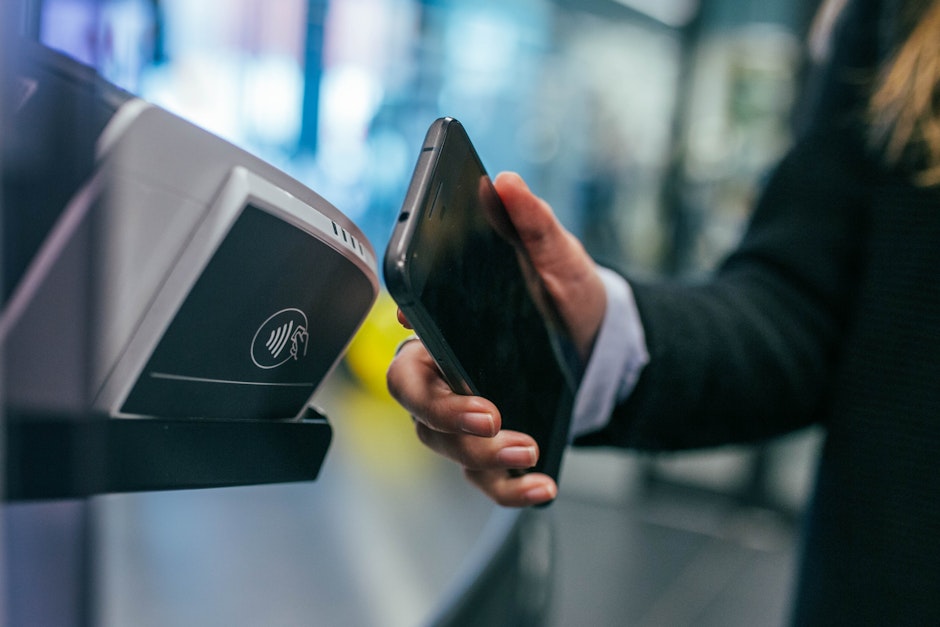How can brands embrace and innovate with the contactless revolution?
Contactless technology had been around for quite some time before the pandemic hit the world

After air travel dropped dramatically, hoteliers and other hospitality brands and businesses had to leverage contact-free technologies focusing on health, self-service, and security and safety norms. They did this through innovation, pushing their technology advancement into using contactless solutions, such as mobile apps for hotels, facial recognition, delivery robots and online food and beverage ordering.
Today, brands across industries should be learning from the re-inventive and resilient spirit of the hospitality industry and implementing some of their learnings about the contactless era, into their own brand experiences.
Studies show that 80% of consumers feel linked with their communities like never before, and they expect the connections to last long after the pandemic. Moreover, up to 79% of consumers prefer companies with touchless options, and they will continue to use self-check-out. The contactless global market is to reach about $5.4B by the year 2027.
How brands can leverage the contactless revolution
The contactless era offers brands and businesses the opportunity to merge the online and offline worlds of their brands and create a seamless experience for customers with the best of both worlds.
Using QR codes to connect both worlds
Some brands are already tapping into the power of QR codes to offer special sales and provide behind-the-scenes digital content. They also give consumers the chance to interact online with the brand's unique content using codes.
Many cosmetic industries have leveraged QR codes to make consumer-generated content for various events. Supergoop beauty company is an excellent example. The organization incorporated QR codes to the latest product launch shows in Sephora stores. These QR codes helped guests to easily access resources and branded content, including products' formulation and ingredients.
Industries have also implemented QR codes in their systems to eliminate the need for liquid money and enhance customers' experiences. Brands like Walmart and Target were among the first to incorporate self-checkout technology in their systems. For instance, Walmart introduced the Walmart Pay app for consumers to scan and bag their goods, before paying by scanning the provided QR codes on their smartphones.
Using contactless technology to offer a sneak peek into your services and products
As contactless payment technology spreads worldwide, future consumers will have more choices than ever to pay for goods and services, accelerating the journey to a cashless era. So, owning an adaptable business that is ready to incorporate new payment technologies will positively impact future companies.
With the continuing adoption of contactless technology, many businesses are looking for new and innovative ways to get customers to pay for their goods and services in various locations.
For instance, Dunkin' Doughnuts re-designed their app to make it easy for consumers to place mobile orders on items they could pick in store. This has enhanced the customers' experience by letting them scan to pay at checkout, redeem offers, earn points and, above all, cut minutes off their morning commute.
Conveying new contactless journeys for consumers in physical venues
The post-pandemic era will lead to a series of behavioural changes - from the way consumers perceive brands to the way they shop - in-person and online. This is one of the reasons many companies are pushing innovation to develop and use new technologies in order to provide a unique and safe consumer experience - reconsidering person-to-person interactions and social distancing.
The hospitality industry is again a good example of how companies are focusing on redesigning their usual approach to consumers - as many have already prioritised contactless guest engagement. They are facilitating automated conversational interaction between guests and staff efficiently. Prashant Saxena, an influencer expert at GlobalData, says that the hotel industry is enhancing the guests' experience through mobile apps, which aid mobile check-in, mobile checkout, dining with mobile ordering, and contactless delivery.
Buyers' appetite for new technologies has also contributed to boosting contactless technologies promotion and usage. We're all ready to welcome a system that eases our consumer journeys - so exploring new ways to access goods and services safely and conveniently is, more and more, at the center of marketing goals.
Takeaways
- The contactless era offers brands and businesses the opportunity to merge the online and offline worlds of the brands and create a seamless experience for customers with the best of both worlds.
- Contactless technology has enhanced the customers' experience by letting them scan to pay at checkout, redeem offers, earn points, and cut minutes off their morning commute above all.
- Many industries enhance their guest experience through mobile apps, which facilitate mobile check-in, mobile checkout, dining with mobile ordering, and contactless delivery.
- Buyers want to embrace new technologies that make it easier for them to connect with brands and access their products and services portfolios, placing innovation at the heart of marketing strategies.

